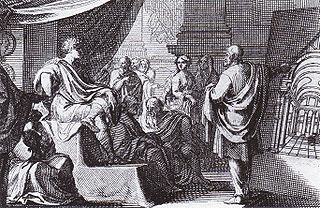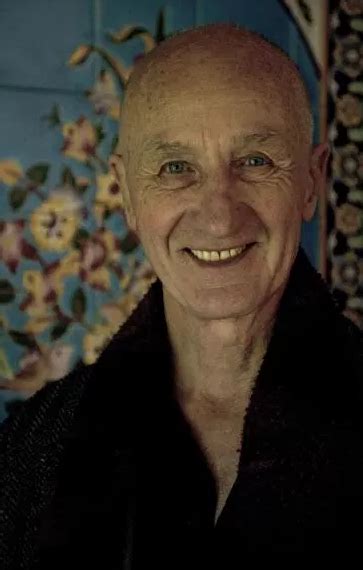A Quote by Alice Oswald
I much preferred Latin to Greek. I loved the language being such a pattern that you could not shift a word without the whole sentence falling to pieces.
Related Quotes
Never trust the translation or interpretation of something without first trusting its interpreter. One word absent from a sentence can drastically change the true intended meaning of the entire sentence. For instance, if the word love is intentionally or accidentally replaced with hate in a sentence, its effect could trigger a war or false dogma.
Every sentence has a truth waiting at the end of it and the writer learns how to know it when he finally gets there. On one level this truth is the swing of the sentence, the beat and poise, but down deeper it's the integrity of the writer as he matches with the language. I've always seen myself in sentences. I begin to recognize myself, word by word, as I work through a sentence. The language of my books has shaped me as a man. There's a moral force in a sentence when it comes out right. It speaks the writer's will to live.
I work in Hebrew. Hebrew is deeply inspired by other languages. Not now, for the last three thousand years, Hebrew has been penetrated and fertilized by ancient Semitic languages - by Aramaic, by Greek, by Latin, by Arabic, by Yiddish, by Latino, by German, by Russian, by English, I could go on and on. It's very much like English. The English language took in many many fertilizations, many many genes, from other languages, from foreign languages - Latin, French, Nordic languages, German, Scandinavian languages. Every language has influences and is an influence.
When we fall utterly, something gathers us up. But our falling must be without reservation, without expectation, without hope, though not hopeless. You cant plan that kind of falling. When you abandon yourself utterly to life, the river will flow, and the log jam will free. Impossible is another word for grace. Who wouldve thought it, life takes another turn, and you are gathered up into a whole different way of seeing and being.
To anyone who has followed the practice of using profanity or vulgarity and would like to correct the habit, could I offer this suggestion? First, make the commitment to erase such words from your vocabulary. Next, if you slip and say a swear word or a substitute word, mentally reconstruct the sentence without the vulgarity or substitute word and repeat the new sentence aloud. Eventually you will develop a non-vulgar speech habit.
Albanians love topiary and fancy doors. They speak Albanian, an Indo-European language with traces of Greek and Latin - and the lek is their monetary denomination, which trades at one hundred to one on the dollar. Their food is excellent, a melange of Greek, Turkish, and Italian cuisine, all very fresh and legume-y.
I loved Latin -- the grammar, the difficult tenses, the history -- but for some reason I was very bad at it, shamefully and blushingly bad at it. ... In moments of stress the embarrassment of how bad I was at Latin -- a subject I loved -- really hit me. It was like being laughed at by someone you desperately loved.







































